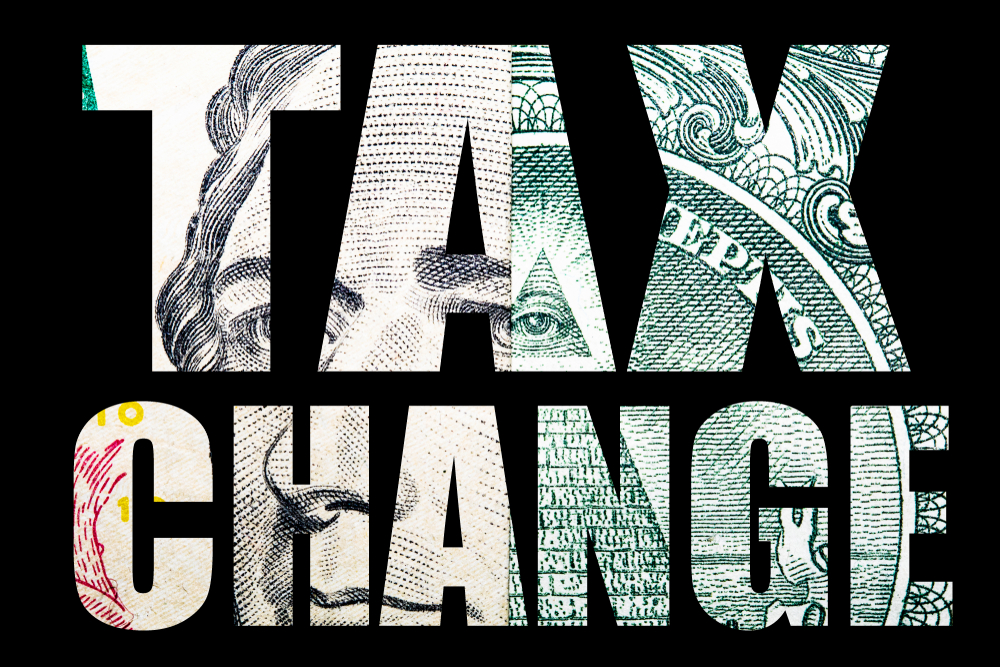There are several tax proposals being discussed by the House Ways and Means Committee as part of the upcoming $3.5 trillion legislation expected to be voted on this month. If passed, The Build Back America Better Act would be designed with the intent to increase taxes on high income earners. Proposed changes would affect businesses and individuals. Below are a few key business and individual tax provisions that have been proposed:
- Corporate Tax Rate: The corporate tax rate (currently a flat tax of 21%) would move back to a graduated system taxed as follows:
- 18% up to $400,000 of income
- 21% between 400,001 and $5 million of income
- 26.5% for income above $5 million
- Individual Tax Rates: For individuals, the top tax rate would increase from 37% for individuals earning more than $523,600 ($628,300 for joint filers) to 39.6% for individuals earning more than $400,000 ($450,000 for married filing joint). The 39.6% tax rate would also apply to trusts with income of more than $12,500.
- Long-Term Capital Gains: The long-term capital gains tax rate for individual filers earning $400,000 or more would increase from 20% to 25% for stocks sold after September 13, 2021.
- IRA Contributions: Under current tax law, taxpayers in higher income tax brackets who are unable to make contributions directly to a Roth IRA are allowed to convert funds from a Traditional IRA to a Roth IRA. A proposal in the bill would prevent conversions from a Traditional IRA to a Roth IRA for individuals whose income exceeds $400,000 ($450,000 for joint filers). In addition, contributions would be prohibited for such high-income individuals in any year when the total value of an individual’s IRA accounts exceeds $10 million.
- Required Minimum Distributions (RMDs): For high-income earners with a combined traditional IRA, Roth IRA, and defined contribution retirement account balance exceeding $10 million, RMDs would be required in the subsequent year, regardless of age.
- Net Investment Income Tax: Under current law, individuals who earn at least $200,000 ($250,000 for joint filers) are required to pay an additional 3.8% tax on investments income. A proposal in the new legislation would expand the net investment income tax to include trade or business income for individuals whose taxable income is greater than $400,000 ($500,000 for joint filers).
- Surtax on High-Income Earners: A new 3% Surtax is being proposed that would apply to taxpayers whose income exceeds $5 million per year. The additional 3% would also apply to trusts and estates with income over $100,000.

The House Ways and Means Committee is expected to continue mark-up hearings throughout the week. A vote on the current legislation is expected by September 27th.
If you would like to discuss any of these proposed changes with a member of the Donovan team, please do not hesitate to contact us!







